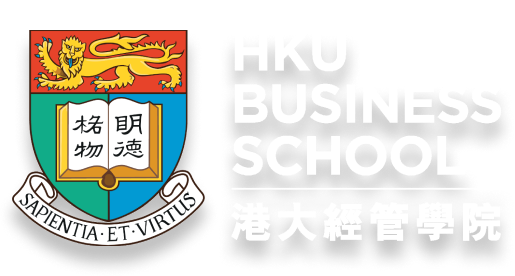
Biography
Li Duan is a PhD student in Management and Strategy at the Faculty of Business and Economics. Their research explores the Chinese history of human capital, innovation, and technology.
At the intersection of economics and history, his current work utilizes a blend of Natural Language Processing (NLP) tools and manual efforts to create original datasets for the quantitative mapping of patterns in Chinese historical knowledge production and technological inventions.
Li has presented his work at the 9th and the 10th International Symposium on Quantitative History, LSE Chinese Economic and Social History Workshop I, and the 2024 Cliometric Conference. His research has been supported by the Hong Kong PhD Fellowship Scheme (HKPFS).
Prior to the University of Hong Kong, Li completed a BA in Economics and History from the University of California, Berkeley, followed by an MA in Economics from the University of Chicago.
Related Publication and Projects

This study exploits a special historical case-openings of treaty ports in 19th-century China to examine how upper-tail human capital, quantified via book creation, impacted modernization when facing external pressures. Employing a prefecture-level panel dataset from 1840 to 1904, the study establishes book density, indicative of knowledge endowment, as a significant and positive predictor of modern firm entry following the opening of treaty ports. To understand the mechanism, a critical aspect lies in understanding the Civil Service Examination (keju), an indigenous institution that historically dominated talent accumulation and allocation in China. By integrating data with keju, we find that exposure to Western influence mobilized the segment of upper-tail human capital at the bottom or outside of the keju system into entrepreneurship. This paper illustrates the dynamics between indigenous institutions and external pressures.
 April 30, 2025
April 30, 2025 Working Papers
Working Papers



